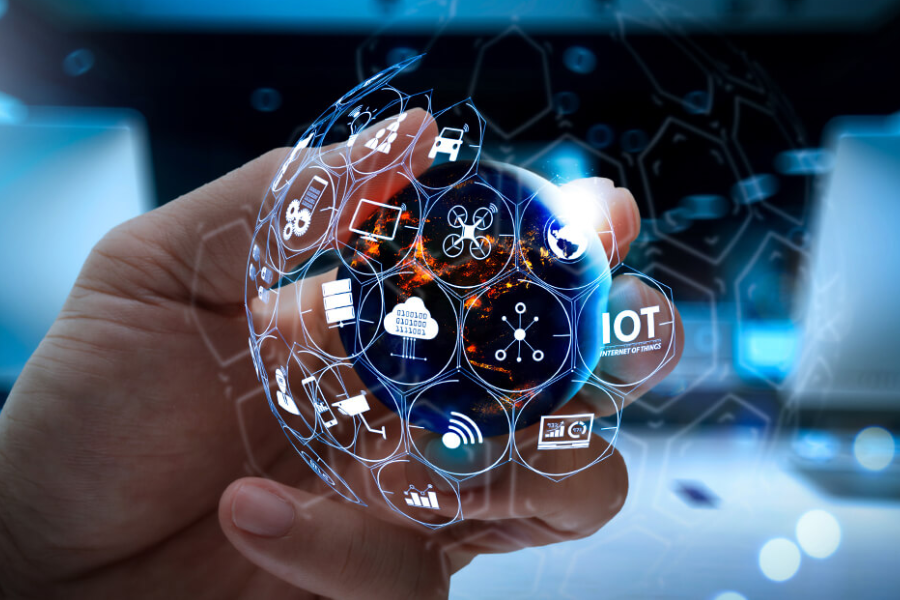Which AI Systems Have Internet Access? Find Out Now!
Introduction
In today’s rapidly advancing digital world, some AI systems are now equipped with internet access, unlocking a new realm of possibilities for real-time information gathering and updates. But which AI platforms offer this feature? In this article, we explore the key players in the AI landscape that can connect to the web.
Imagine an AI that not only answers your questions but also actively searches the internet for up-to-the-minute information. This is no longer a vision of the future—it’s happening now.
Understanding AI with Internet Connectivity
This article dives into the fundamental concepts of artificial intelligence, focusing on systems that are internet-enabled. Whether you’re a tech enthusiast, professional, or student, it’s crucial to understand which AI platforms can access the web, and how they can benefit you in everyday life.
Why Internet Access Matters in AI
AI systems with internet access can deliver real-time data, making them far more powerful for tasks that require the latest information. This capability transforms how we interact with AI, offering more accurate and timely responses that are crucial in fast-paced environments.
Top AI Platforms with Internet Access
Several leading AI platforms stand out for their ability to tap into the internet. These include OpenAI’s models and some of Google’s AI products, both renowned for their advanced natural language processing and real-time search capabilities. Each of these platforms offers unique advantages depending on the application.
How Connected AI is Transforming Industries
The integration of internet access in AI is reshaping industries like e-commerce, healthcare, and customer service. In e-commerce, for instance, AI systems use real-time data to recommend products based on the latest trends and customer behaviors, making online shopping more personalized and efficient.
Security and Privacy Concerns
While AI with internet connectivity has significant benefits, it also raises concerns about security and privacy. Users should be aware of potential risks, including data breaches or misuse of information. Proper safeguards must be in place to protect sensitive data while still leveraging the power of internet-connected AI.
The Future of AI with Internet Access
As AI technology continues to evolve, the integration of internet connectivity will likely become more seamless. AI systems may soon be able to gather, analyze, and “understand” information autonomously, further enhancing their usefulness in various sectors. The future of AI is one where real-time information retrieval becomes second nature to machines.
FAQs
Which AI systems currently have internet access?
Some top AI systems with internet access include OpenAI’s models and certain Google AI platforms.
Is it safe for AI to have internet access?
It can be, but safety depends on the security measures in place and how the technology is implemented.
Will AI with internet access replace human jobs?
AI might automate some tasks, but it’s unlikely to completely replace human roles. It’s more about enhancing efficiency than full job replacement.
How does AI use the internet?
AI uses the internet to pull real-time data, perform searches, and keep its knowledge up-to-date.
What are the benefits of AI with internet access?
The key benefits include real-time information retrieval, better decision-making, and improved user interaction.
Conclusion
AI systems with internet access are revolutionizing how we interact with technology, allowing for real-time data gathering and smarter decision-making. While the benefits are immense, there are challenges, particularly concerning privacy and security. As this technology continues to grow, understanding its capabilities and limitations will help us make the most of it in our digital world.






